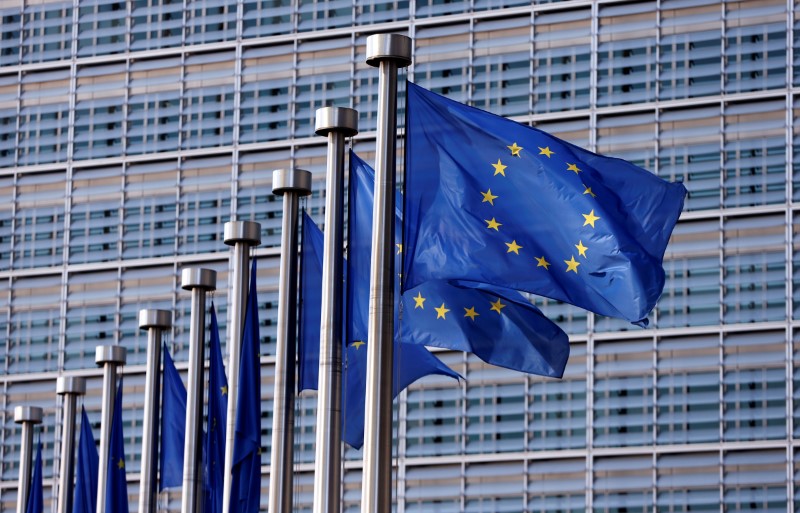As EU Arctic policy heads for a vote, a few questions still remain

One way to judge how interested members of the European Parliament are in legislation is to look at the number of changes they suggest be made to its wording.
Run-of-the-mill legislation, according to Urmas Paet, an Estonian who is one of two MEPs shepherding the parliament’s proposed Arctic policy towards a planned vote on Wednesday, receives only handful of changes. The Arctic policy has received 400.
“This is a normal amount when it is something the MEPs feel is important,” he says.
To be fair, not all the changes Paet and his co-rapporteur, Sirpa Pietikäinen, of Finland, received were controversial. Many were not unique; instead, they were copied verbatim, submitted as part of the political process to underscore partisan dissatisfaction with certain passages.
In the case of the Arctic policy, most dissatisfaction – a total of 51 proposed changes – was heaped on two passages calling for the establishment of an environmental-impact assessment that would be applied to businesses before they could sell goods produced in the Arctic to Europeans.
Some legislators suggested the passages be struck entirely; others called for stronger wording. In the end, the compromise was to make the wording vague by “inviting” the European Commission, the EU’s executive branch, to “eventually” make such assessments mandatory.
[Euro parliament in row over Arctic environment rules]
Compromises like these, according to Paet, have helped the policy secure the backing of all major political groupings in parliament. Barring anything unforeseen, he reckons it will be approved by the two committees preparing it when it comes up for approval on Jan. 31, and then by the full parliament two days later.
Once that happens, the European Union will, in effect, have two, mostly similar, Arctic policies. The first, adopted on April 27 by the European Commission (technically as a ‘communication,’ in Euro-speak) focuses on things like science and regional development, but steers clear of foreign affairs, energy and other thorny issues. Instead, the EU’s foreign-policy interests in the Arctic are brought up in the commission’s security and defense policy.
Paet is generally supportive of the commission’s work but believes not addressing all issues in a single strategy is a clear shortcoming.
“The commission’s statement was well done on the areas it addresses, but the European Union should have complete Arctic strategy. Ten of its member states do, and the EU should be as clear as they are,” he says.
[The EU’s relationship with the Arctic gets more complex]
Once handed parliament’s policy, the commission, will likely take note of it, but probably do little else, suggests Andreas Raspotnik, a senior fellow with the Arctic Institute, a think tank.
“When it comes to foreign policy,” he says, “parliament can voice its opinion, but the commission doesn’t have to listen. The commission and the EEAS [the EU’s diplomatic service] has its own policy already, and that is what it likely will stick to.”
The reason for turning a deaf ear has a lot to do with the evolution of the commission’s Arctic policy. The current policy is the third since 2008, but it appears to be the first to have a clear idea of what the Arctic really means to Europe, Raspotnik suggests.
[The European Parliament keeps an Arctic focus]
For the most part, this, he explains, means keeping the focus on the Arctic territories in its own neighborhood, something that is supported by placing foreign-policy matters in a separate strategy.
With the commission satisfied with the course it has laid for itself, and with the parliament’s general satisfaction with it, there is little reason other than politics for parliament to get involved, according to Raspotnik.
“They are showing the Arctic is important to them, but this is just as much an institutional struggle. They are saying they think it is important, but they are also trying to say they have voice in making policy, too.”